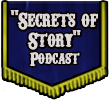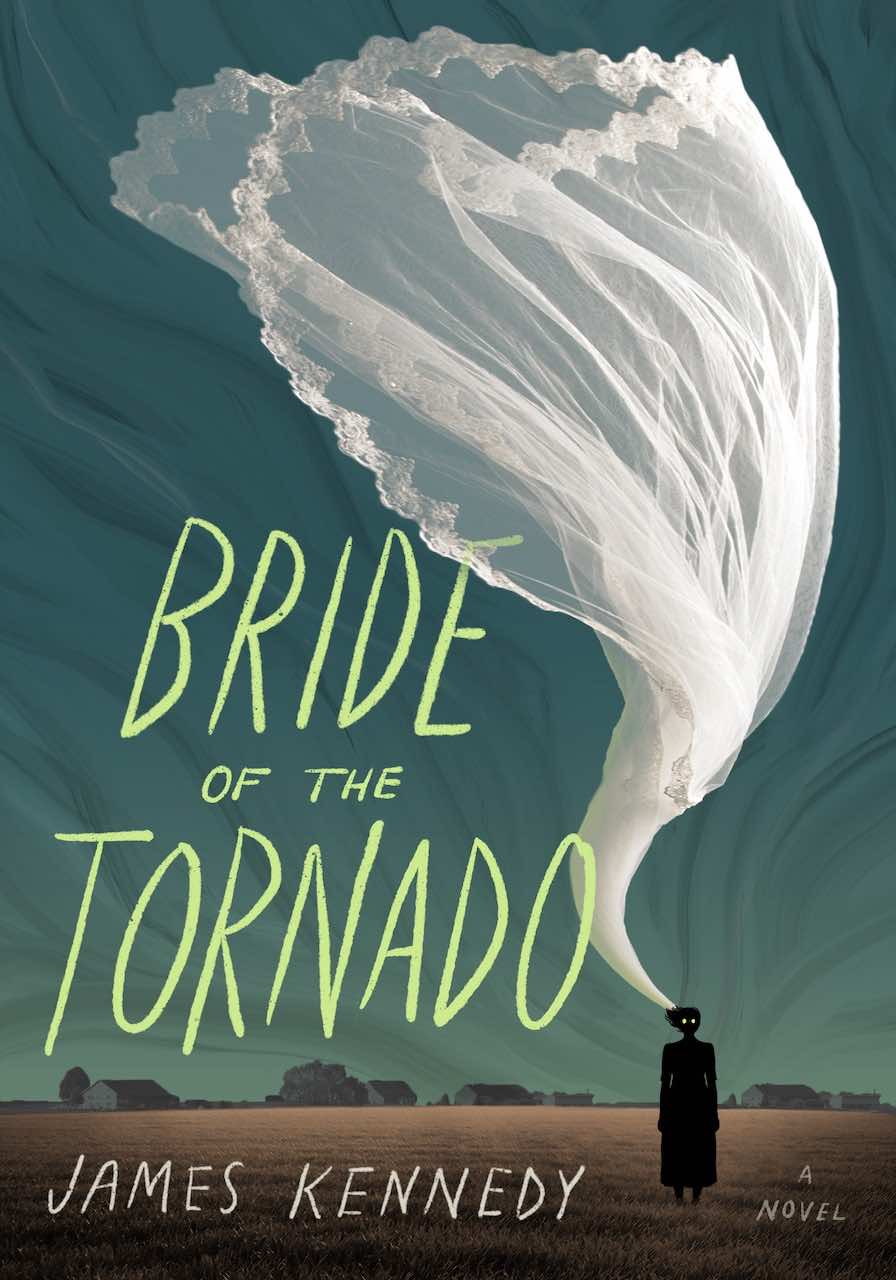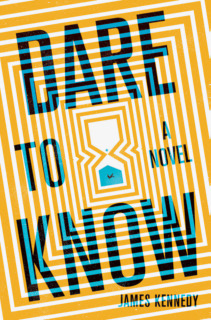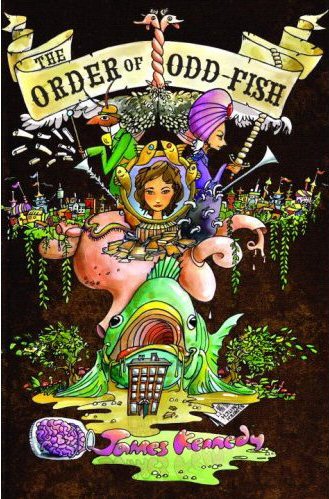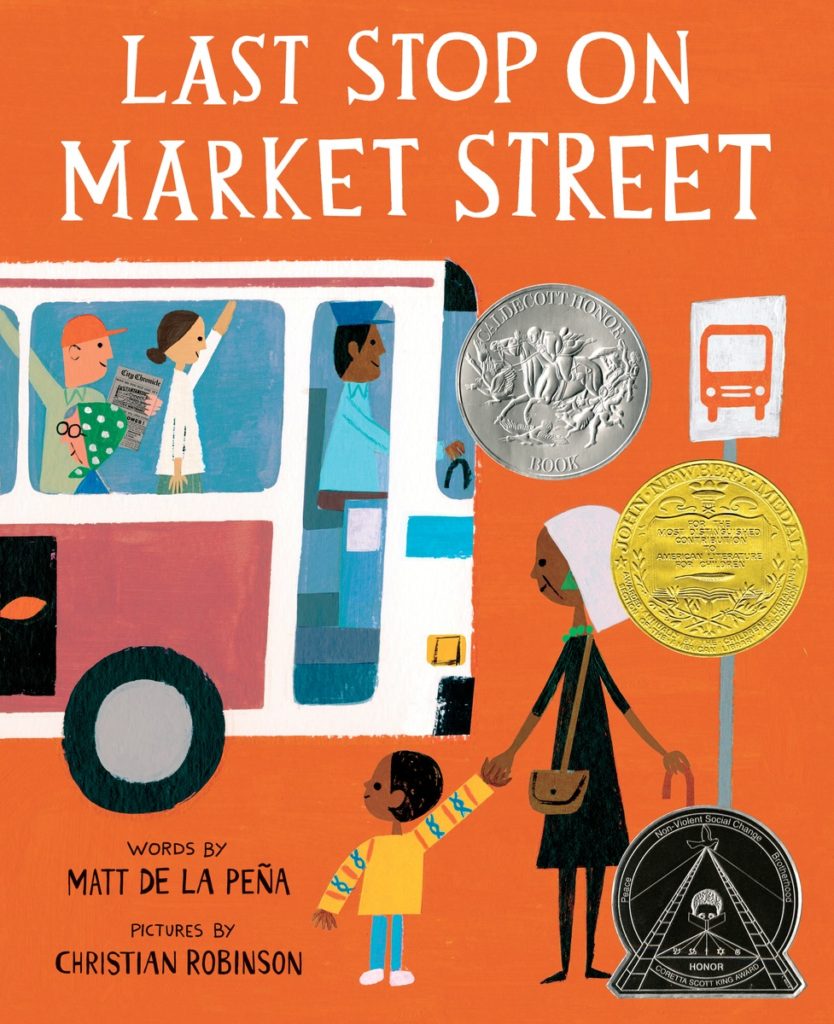Episode 2 of The Secrets of Story Podcast: The Easy Way!
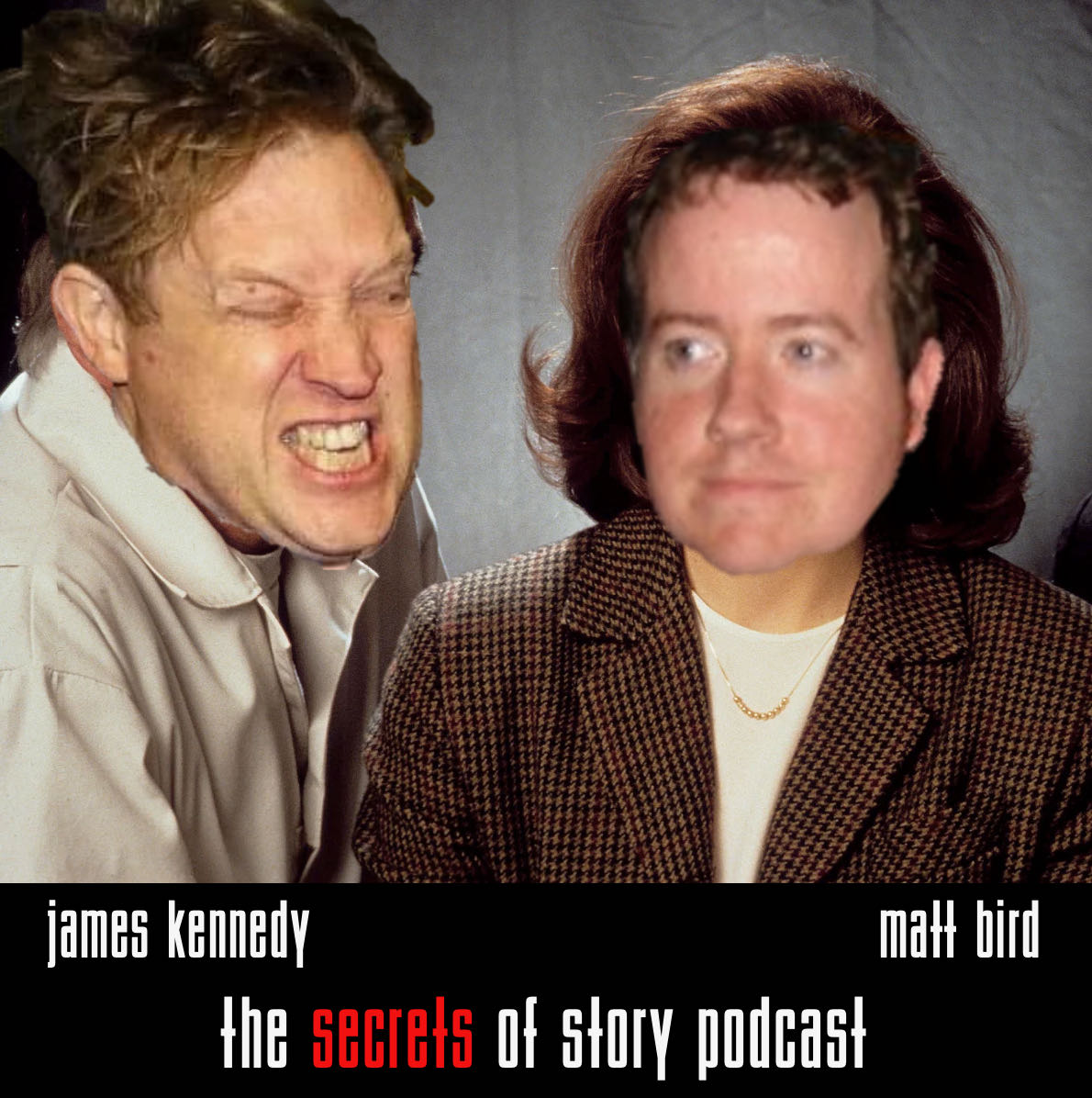
|
Here it is, the second episode of a new podcast that I’m doing with Matt Bird, Secrets of Story. As Matt mentioned in his own post about this episode, most of it was recorded before the disastrous election, so consider its goofy, antic mood as a “relic of a happier world, before evil triumphed,” as Matt put it.
Now, I’ve already explained the nature of my friendship with Matt Bird and my connection to his “Secrets of Story” blog in a previous post. Basically, in this podcast we try to figure out what makes for good stories. Usually Matt brings up some advice from the storytelling advice book he’s written (called Secrets of Story: Innovative Tools for Perfecting Your Fiction and Captivating Readers—you should buy a copy right now!). I’m no story guru, but I am an author, and I sometimes disagree with his advice. I’m usually more practical and intuitive, he’s theoretical and analytical.
You can subscribe to the podcast here. And you can listen to this episode here:
In this episode, we discuss Matt’s fourteen-point story structure and test it against the classic movie Silence of the Lambs. Every “story guru” has their own recommended story structure, from Aristotle to Joseph Campbell to Dan Harmon to FILM CRIT HULK. Matt’s fourteen-point structure shares some similarities with these, of course, but he also has his own twists that are entirely original to him. Some of them are quite brilliant . . .
. . . And some of them I disagree with intensely. One of them is a certain step of his fourteen-point structure. We debate it in this second episode of the podcast, and as far as I can tell, it seems I bring Matt around to my point of view. You can read more deeply about Matt’s fourteen-point structure in this series of posts on his blog (the posts are in reverse chronological order, though, so scroll to the bottom and read from the bottom up). Or you could just buy his book.
Now here’s something juicy. At the end of the previous episode, Matt and I launched a hopefully-recurring feature called “Free Story Ideas,” in which Matt or I “give away” story ideas that we’ve dreamed up, but that we haven’t had the time or inclination to actually write. Matt’s idea last time was a movie or TV show based on Laika, the Russian dog who was the first Earth animal in space in 1957.
Matt’s premise: what if, instead of Laika dying in space in the Sputnik-2 as we all concluded, she was picked up by aliens? And what if those aliens are watching all the planets with intelligent life, and the first time any planet sends a living organism into space, those aliens whisk away the organism (in this case, Laika) in order to test them, to see if that planet is worthy to be included in the Galactic Empire—and if they fail the test, the planet is destroyed? And so then Laika is put in the odd position of fighting for the life of the planet that only hours ago callously flung her up into space to die?

|
Well, unbeknownst to Matt, after he “gave away” his idea, I decided to do a writing experiment. I gave myself three days to scribble a not-necessarily-great, first-draft script of his Laika premise. I called it “Laika and the Blue Mouse” and it’s supposed to be an animated Adult-Swim sci-fi comedy in the tradition of “Rick and Morty” or “Hitch-hiker’s Guide to the Galaxy.” You can download it here if you want to read it. Matt and I are going to go through the script in the next episode and he’s going to give his story-guru notes on it.
Not to protest too much, but the script’s not necessarily me at my best! But my role on the podcast is to represent the practical realities of writing, as opposed to Matt’s analytical theory of storytelling. So I wanted to open up the creative process, and give a look under the hood, and show how important it is not to worry about perfection, just to get out that crappy first draft, and not putting any ego into it. Polishing and editing can happen later!
Anyway, when forcing yourself to finish something within a deadline, you might find yourself coming up with crazy and fun ideas that you might not otherwise had if you’d taken a more deliberative approach. If you want to chime in about your own critiques of the script, head on over to Matt’s post and leave a comment.
I’ll see you in space! The script is here!
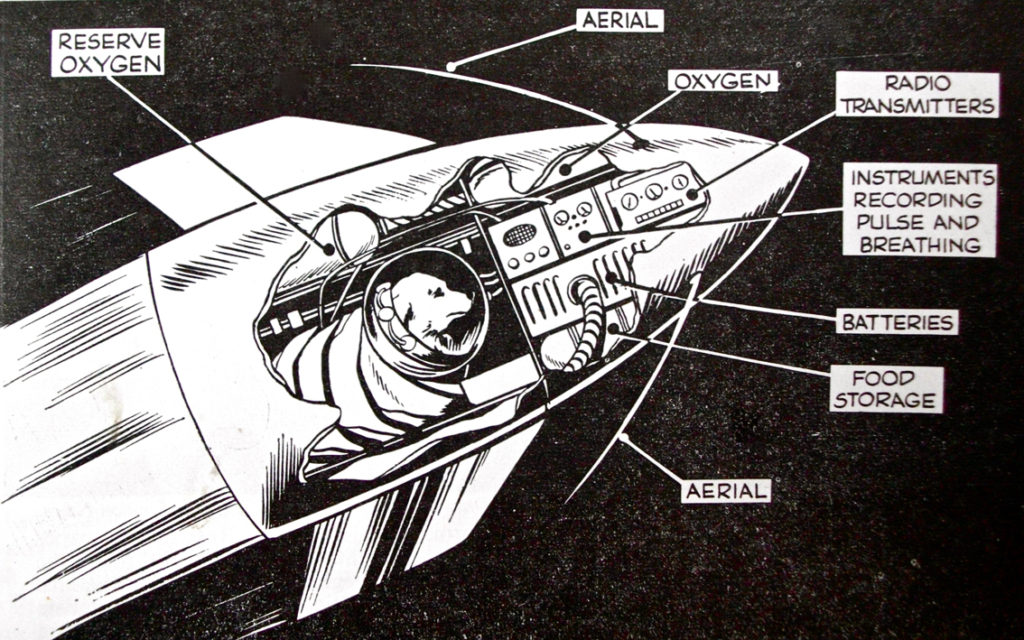
|






